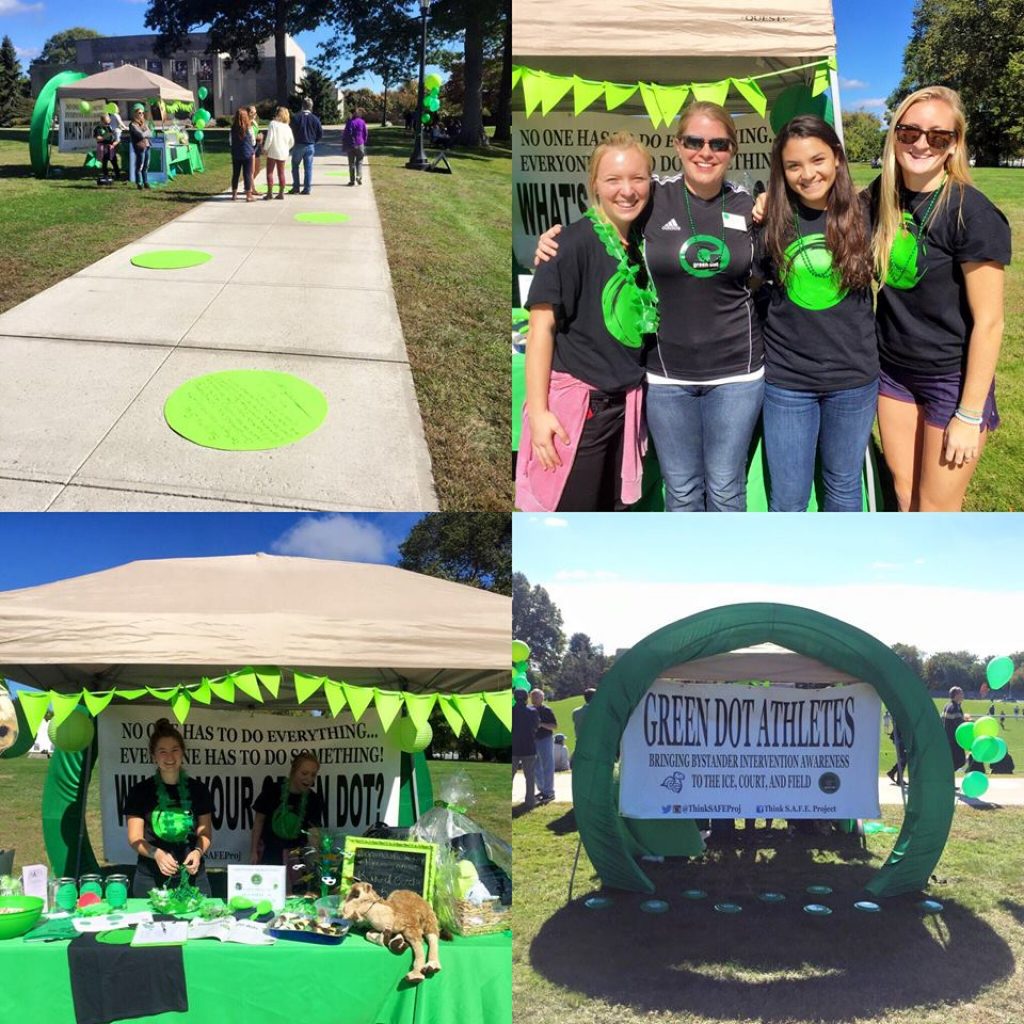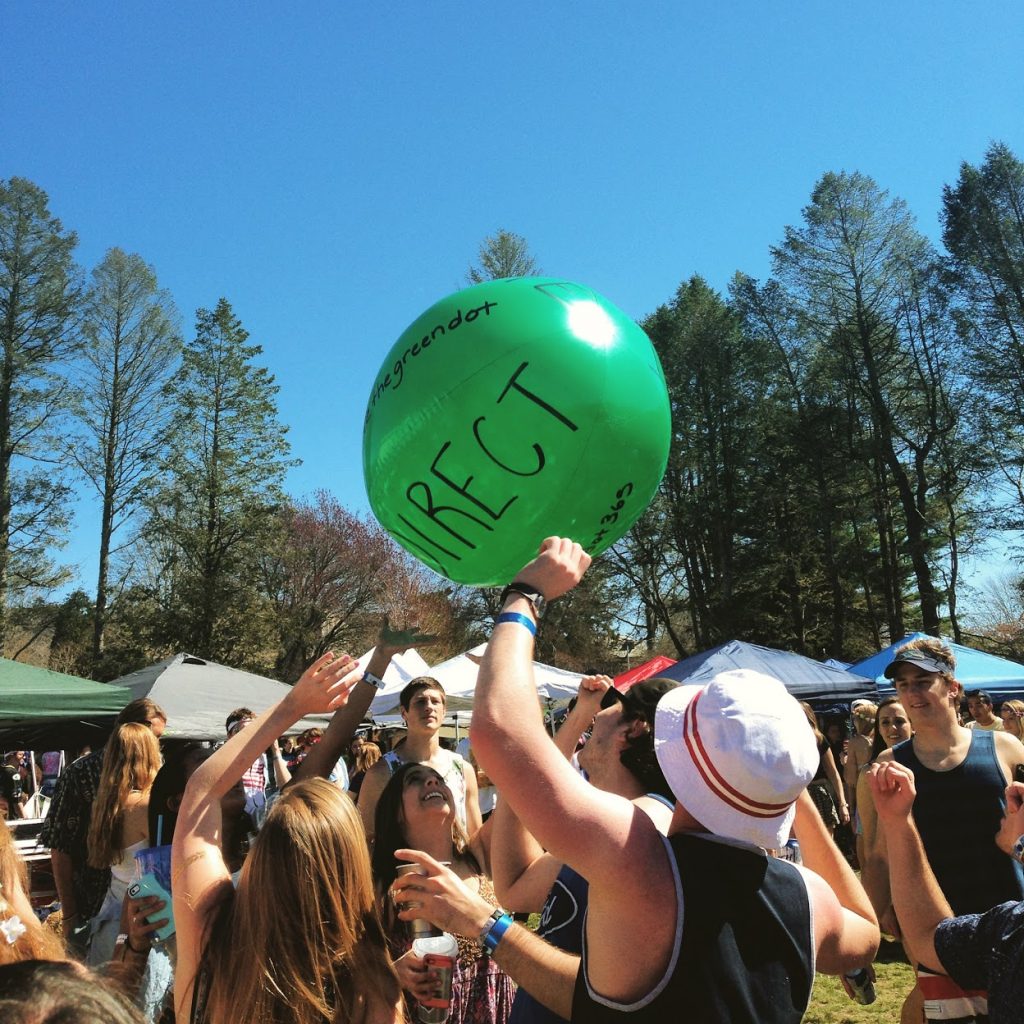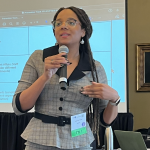Connecticut College
Engaging leaders
Conn College has excelled in engaging athletes and other student leaders to create a campus culture free from power-based personal violence. “Our association with the Green Dot program has been an incredible win-win for the College and for athletics. Our coaches have embraced the program as one of the most important aspects of our efforts to educate young people through participation in intercollegiate athletics. It’s exhilarating to see a gym or an ice rink turned to green as we spread the word to our fans! Our student-athletes remark constantly about how proud they are to reinforce the principles of Green Dot and pay it forward, enhancing the student experience at Connecticut College.” —Fran Shields, Athletic Director


From Hockey…
“During my time at Conn College, Green Dot has become more and more important to me. At first, I became so involved in Green Dot for my 2 sisters. My involvement now is to help make campus a safer place for everyone who calls this place home and I know that I can’t do it all alone.” —Greg Liautaud, Men’s Ice Hockey
…to Lacrosse…
“My freshman year I decided to get involved in Green Dot because I saw how much it meant to our Connecticut College community and how fluid the language of Green Dot was on campus. Over the years, I have witnessed countless people step in to do a green dot in order to prevent a red dot, and more recently, we have seen a rise in proactive green dots!” —Erin Moran, Women’s Lacrosse


…to Student Government…
“I live the Green Dot, and always will, because I’ve seen the ways that this program and its ideology changes lives. The culture shift we’ve witnessed at Connecticut College gives me hope that with some techniques and a little extra support, people will follow their good instincts and help others.” —Juliette Verrengia, SGA Vice President
…and Onward
“I’ve learned that you cannot change an entire culture single-handedly overnight but when you make a constant and conscious effort to have the conversations that aren’t being had, those conversations grow in magnitude and numbers every day. Since Green Dot was implemented in 2010, it has given rise to a culture of accountability that has helped change the way we respond to power-based personal violence. The language and goals of Green Dot are now part of our community, and students hold each other to it. For me, seeing that shift in culture in the 3.5 years I have been on this campus is incredibly powerful.” —Anna Marshall, Think S.A.F.E. Project Intern

Research
American Journal of Preventative Medicine
This study evaluated the Green Dot bystander intervention to reduce sexual violence and related forms of interpersonal violence in 26 high schools over 5 years and showed a significant decrease in sexual violence perpetration and also in other forms of interpersonal violence perpetration and victimization.
Read more ↗This article explores the methodology of a 5-year, CDC funded study of the Green Dot bystander program as it is implemented in high schools across Kentucky. It is the first of several articles in this special issue of the Violence Against Women journal which discusses the evaluation of Green Dot in high schools.
Read more ↗This study compared rates of violence by type among undergraduate students attending a college campus with the GreenDot bystander intervention with students at two colleges without bystander programs and explains that victimization rates were significantly lower among students attending the campus with Green Dot relative to the two other campuses.
Read more ↗

